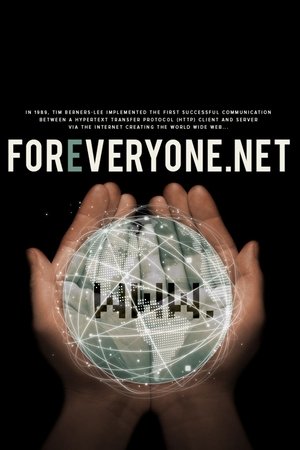
Foreveryone.net(2016)
The web, past and future.
Foreveryone.net connects the future of the web with the little-known story of its birth. In 1989, 33-year-old computer programmer Tim Berners-Lee invented the world wide web and his visionary decision to make it a free and accessible resource sparked a global revolution in communication. Tim has declared internet access a human right and has called for an “online Magna Carta” to protect privacy and free speech, extend connectivity to populations without access and maintain “One Web” for all. Tim’s dramatic story poses the question: will we fight for the web we want or let it be taken away?

Movie: Foreveryone.net
Similar Movies
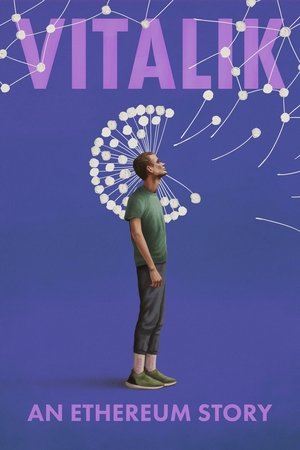 5.0
5.0Vitalik: An Ethereum Story(en)
Chronicles tech visionary Vitalik Buterin and Ethereum's community of builders as they fight for an open internet accessible to all.
 6.9
6.9Cyberbunker: The Criminal Underworld(de)
This documentary reveals how a group of hackers powered the darkest corners of the internet from a Cold War-era bunker in a quiet German tourist town.
 6.7
6.7Buy Now! The Shopping Conspiracy(en)
This subversive documentary unpacks the tricks brands use to keep their customers consuming — and the real impact they have on our lives and the world.
 5.8
5.8The Truth About Webcam Girls(en)
A documentary that follows three women who perform via webcam to paying customers.
 6.6
6.6Winnebago Man(en)
Jack Rebney is the most famous man you've never heard of - after cursing his way through a Winnebago sales video, Rebney's outrageously funny outtakes became an underground sensation and made him an internet superstar. Filmmaker Ben Steinbauer journeys to the top of a mountain to find the recluse who unwittingly became the "Winnebago Man".
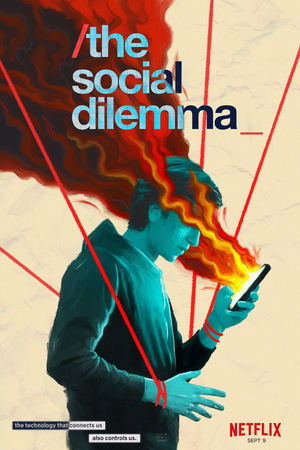 7.4
7.4The Social Dilemma(en)
This documentary-drama hybrid explores the dangerous human impact of social networking, with tech experts sounding the alarm on their own creations.
 7.2
7.2The Cleaners(de)
A deep dive into the hidden industry of digital cleaning, which rids the Internet of unwanted violence, porn and political content.
 7.0
7.0Wi-Find: Downloading Our Future(en)
It's a genius story that all started with a silly word, Google. While most may know Google, few know the story of the revolution's geniuses. Follow masterminds, Larry Page and Sergey Brin, whose brilliance has forever changed the world.
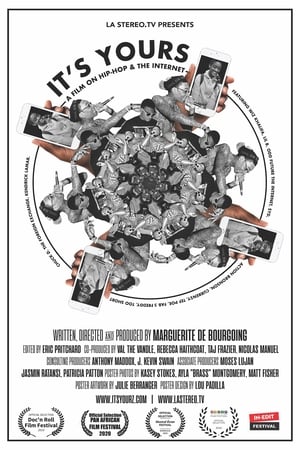 2.0
2.0It's Yours: A Film on Hip-Hop and the Internet(en)
By the dawn of the 21st century, hip-hop sales had reached an all-time high, but one thing has remained the same. The doors were still locked, and the music industry held the keys. Young artists began to self-market on the Internet, ultimately helping to collapse the music industry as we knew it. It’s Yours explores how it became possible to become a rap star through a Twitter account, YouTube site or Myspace page. It tells this story through the unique perspectives of numerous artists, producers, record industry insiders, and music and cultural critics.
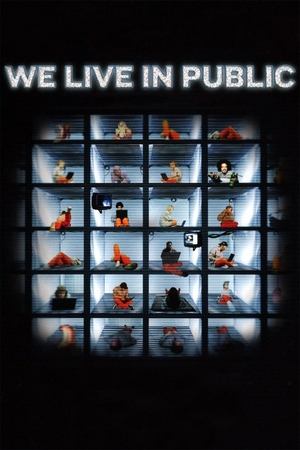 7.0
7.0We Live in Public(en)
In 1999, Internet entrepreneur Josh Harris recruits dozens of young men and women who agree to live in underground apartments for weeks at a time while their every movement is broadcast online. Soon, Harris and his girlfriend embark on their own subterranean adventure, with cameras streaming live footage of their meals, arguments, bedroom activities, and bathroom habits. This documentary explores the role of technology in our lives, as it charts the fragile nature of dot-com economy.
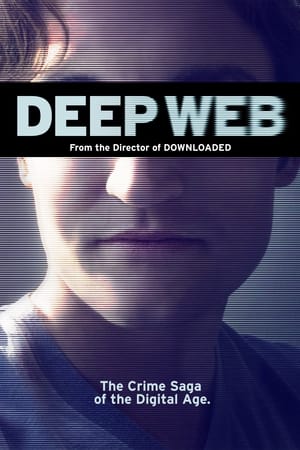 6.8
6.8Deep Web(en)
Deep Web gives the inside story of one of the most important and riveting digital crime sagas of the century -- the arrest of Ross William Ulbricht, the 30-year-old entrepreneur convicted of being 'Dread Pirate Roberts,' creator and operator of online black market Silk Road. As the only film with exclusive access to the Ulbricht family, Deep Web explores how the brightest minds and thought leaders behind the Deep Web and Bitcoin are now caught in the crosshairs of the battle for control of a future inextricably linked to technology, with our digital rights hanging in the balance.
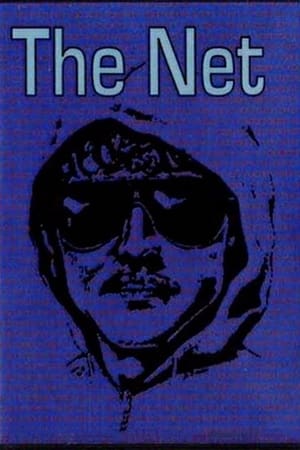 6.0
6.0The Net(de)
Explores the incredibly complex backstory of Ted Kaczynski, the infamous Unabomber. This exquisitely crafted inquiry into the rationale of this mythic figure situates him within a late 20th century web of technology—a system that he grew to oppose. A marvelously subversive approach to the history of the Internet, this insightful documentary combines speculative travelogue and investigative journalism to trace contrasting countercultural responses to the cybernetic revolution.
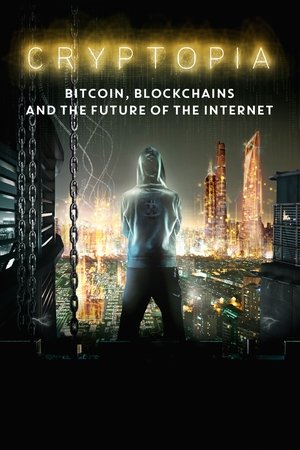 6.8
6.8Cryptopia: Bitcoin, Blockchains & the Future of the Internet(en)
Cryptopia: Bitcoin, Blockchains and the Future of the Internet takes a deep dive into the crypto ecosystem and blockchain technology to discover the good, the bad and the ugly of this controversial industry, its major narratives, conflicts and the major players behind it. Can blockchain technology be used to create a new, fairer, decentralised and uncensored web3.0 where we can control our data and protect our online identities? Or will the potential be squandered as mega corporations once again compete for dominance in this new field. With his unrivalled and exclusive access, award-winning filmmaker Torsten Hoffman (Bitcoin: The End of Money as We Know It) takes us on a journey into the heart of this brave new world.
 9.0
9.0Free Child(en)
From leaving Egypt 10 years ago, to almost dying a month ago in a car accident. This film is about the journey in between and the massive role the internet played in the life of prominent Youtuber and Yes Theory co-founder Ammar Kandil.
 6.5
6.5Downloaded(en)
A documentary that explores the downloading revolution; the kids that created it, the bands and the businesses that were affected by it, and its impact on the world at large.
 7.2
7.2Cyber Hell: Exposing an Internet Horror(ko)
Anonymous and exploitative, a network of online chat rooms ran rampant with sex crimes. The hunt to take down its operators required guts and tenacity.
 7.0
7.0Lord of the Toys(de)
Max "Adlersson" Herzberg, 20 years of age, from Dresden decided not to spend his life working. Ever since, he reviews knives and other products, unboxes limited fan editions of mainly gangsta rap albums, gives talks about himself, drinks, swears and bawls in town, humiliates others, cracks borderline jokes and crosses every boundary he sees - Max is a YouTube creator and makes a decent living off of it. Most of Max's friends have their own channels on YouTube, some even quite successfully. Max and his gang are dubious role models but without a doubt, they are celebrities of their generation having more than 300.000 active fans. Is Max a violence-glorifying influencer with far-right tendencies or a usual adolescent, just trying to find himself and happens to be born into a time where the lines between private life and public self-display are blurring? He might be both, possibly without being overly aware of it.
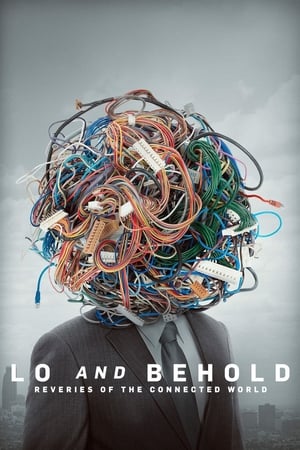 6.6
6.6Lo and Behold: Reveries of the Connected World(en)
Werner Herzog's exploration of the Internet and the connected world.
 6.5
6.5Beware the Slenderman(en)
In this horrifyingly modern fairytale lurks an online Boogeyman and two 12-year-old girls who would kill for him. The entrance to the internet quickly leads to its darkest basement. How responsible are our children for what they find there?
 6.8
6.8Bellingcat: Truth in a Post-Truth World(en)
A first-hand look into the revolutionary rise of the “citizen investigative journalist” collective known as Bellingcat. Comprised of various distinct personalities from around the globe, Bellingcat is an online association of talented and dedicated truth-seekers utilizing advanced digital research techniques to upend the world of journalism. De facto leader Eliot and his fellow researchers give us exclusive access into their tight-knit world as they demonstrate the unlimited power of open source investigation. In cases ranging from the MH17 disaster to the hidden crimes of the Syrian regime, the group’s power and growing global influence is examined and explored.
